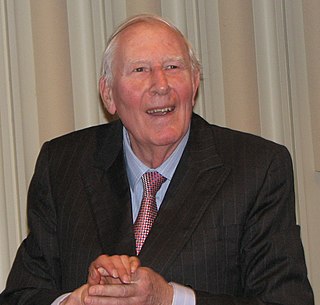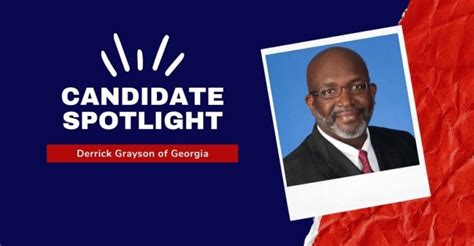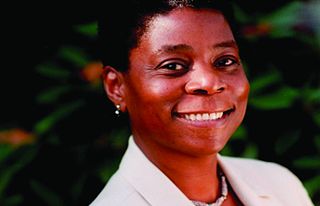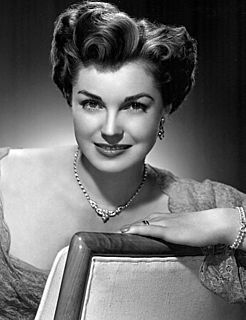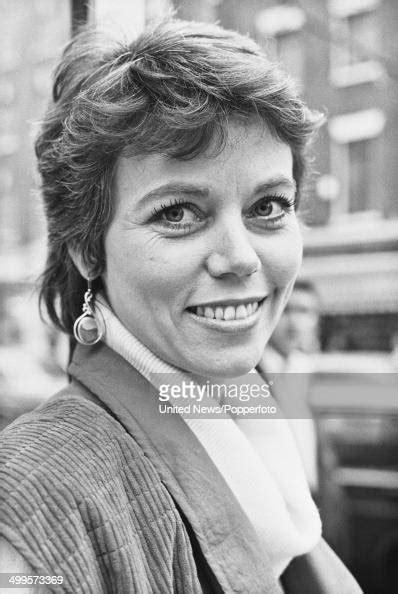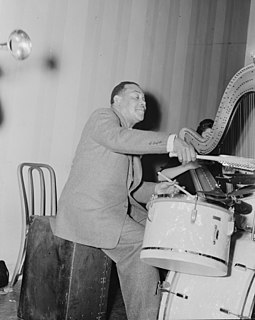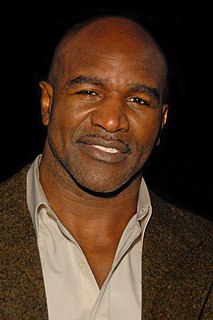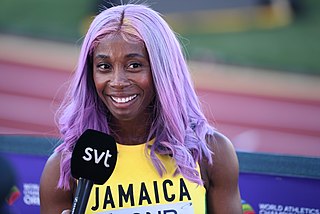A Quote by Roger Bannister
Mothers, unless they were very poor, didn't work. Both of my parents had to leave education. My mother had to work in a cotton mill until 18 or 19, when she took some training in domestic science.
Related Quotes
My grandmother, who picked cotton, and my mom, who picked cotton as a child - my grandmother had a work ethic. She had 13 children that she had to raise and ended up for a time moving into the projects, but because my grandmother had a work ethic, she didn't stay in the projects... that's not how she wanted to raise her children.
The idea of the book ["The Japanese Lover"] came in a conversation that I had with a friend walking in the streets of New York. We were talking about our mothers, and I was telling her how old my mother was, and she was telling me about her mother. Her mother was Jewish, and she said that she was in a retirement home and that she had had a friend for 40 years that was a Japanese gardener. This person had been very important in my friend's upbringing.
My house is full of paintings by my mother Pam. She was a fantastic, prolific artist but had no confidence in herself, thanks to my father running her down. They married during the war when she was 19 - she had planned to go to art school. But my father didn't want her to work, so she became a housewife.
My mother was the first African-American policewoman in Seattle - recruited, actually - and she did it for only 2 years, as she did not want to carry a gun. She worked mostly on domestic disturbances. The NAACP wanted her to do it. She did not actually have the temperament to be a cop - she was very sweet. She had a Masters in social work.
I think my mother became the muse because she had everything when she was in Hollywood: she had the marriage, the success, the money, all the films she wanted to do and yet even her, she had a longing and wanted to work with a film that had meaning, something more profound. And I think that was very touching to father.
I learned a lot about my parents, who were both teachers. I had known that my parents were very strongly in favor of education. I had known that they had an impact on a lot of people, but people came out of the woodwork who have said, "You know, without your father, I would never have gone to college," very successful people. And so I learned how widespread their educational evangelism really was.
There were so many bands in New Orleans. But most of the musicians had day jobs, you know -- trades. They were bricklayers and carpenters and cigar makers and plasterers. Some had little businesses of their own -- coal and wood and vegetable stores. Some worked on the cotton exchange and some were porters. They had to work at other trades 'cause there were so many musicians, so many bands. It was the most musical town in the country.
